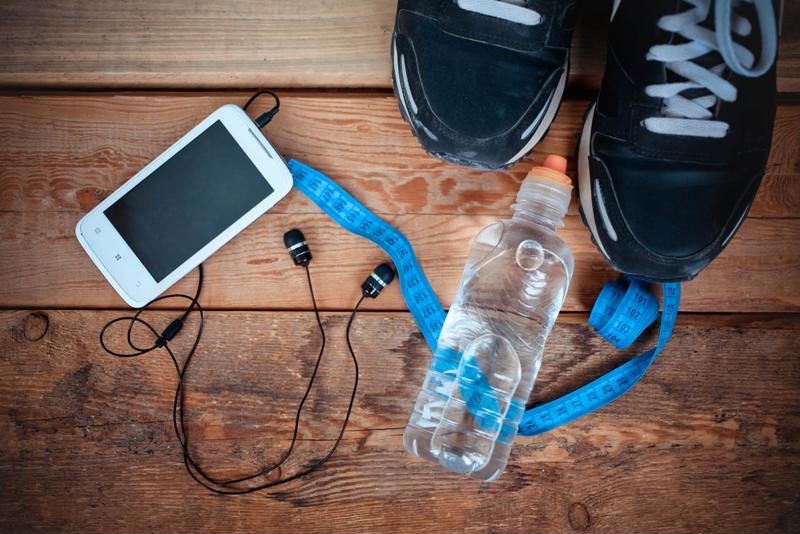Summer may not have officially begun yet, but cities across that nation are already feeling the heat. This means there's no better time to start thinking about how to stay safe in hot weather and avoid any extra use of your medical health insurance.
To help you keep healthy amid all the risks summer heat and sun can pose, take a look at our list of seven simple tips:
1. Choose the correct SPF.
"Make sure your brand of sunscreen is labeled 'broad spectrum.'"
Is SPF 15 enough? Can you get a lower amount? Does it matter? Always get at least SPF 15, but if you plan on being in the sun for two or more hours, choose a sunscreen with SPF 30 or higher. SPF isn't the only thing that matters on a sunscreen label, though. Make sure that whichever brand of sunscreen you choose, the label says "broad spectrum," which means you are being protected from harmful UVB and UVA rays. Exposure without protection can contribute to skin cancer.
2. Grab a pair of sunglasses.
You'll also want to protect your eyes from UVA and UVB rays, which, in addition to contributing to incidences of skin cancer, can damage your eyes. Specifically, they can harm the skin of your eyelid, cornea, lens and other parts of the eye. Choosing sunglasses that explicitly say they protect against 99 percent of UV rays is critical to maintaining eye health. And as long as your sunglasses of choice protect against UV rays, the style, color or size of your sunglasses doesn't matter.
3. Indoor tanning is not an alternative.
Many people have adopted indoor tanning to get the glowing skin color they desire. Unfortunately, studies have shown that this is not safe. In fact, according to the Centers for Disease Control, indoor tanning can cause skin cancer, including melanoma, basal cell carcinoma and squamous cell carcinoma. Additionally, it can be harmful to your eyes, contributing to the development of cataracts and eye cancer. The best thing you can do for your skin is to avoid the tanning bed, and wear sunscreen whenever you go outside.
4. Know when the sun is at its brightest and act accordingly.
The sun is at its strongest and brightest in the afternoons, between 12 p.m. and 3 p.m. During this period, you'll want to avoid outdoor workouts and other strenuous activities, and instead, head inside or to your local gym. Also, before undertaking any exercise regimen, consult with your doctor to avoid aggravating any existing conditions. Remember: Adjusting to exercising in the heat is a process, so take it nice and slow.
 Stay hydrated when doing any activities outside.
Stay hydrated when doing any activities outside.
5. Hydrate, hydrate, hydrate.
You've heard it time and time again: Drink lots of water. But it's with good reason. Staying hydrated, even when you don't feel thirsty, helps circulate blood and maintain body temperature. During the summer, you usually sweat more for your body to cool off. However, to maintain this cycle, you need to be taking in fluids, especially water. So, carry around a water bottle - when you have it within reach, you're be more likely to drink it.
6. Don't forget your snacks!
If you plan on - or already are - being active in the heat, water is critical but so are healthy snacks, such as raw veggies and fruits. These foods will help replenish nutrients you've lost through sweat. Bonus: You can eat them as they are, or throw them in a smoothie or salad for a new spin. You'll feel refreshed, and get a boost of energy.